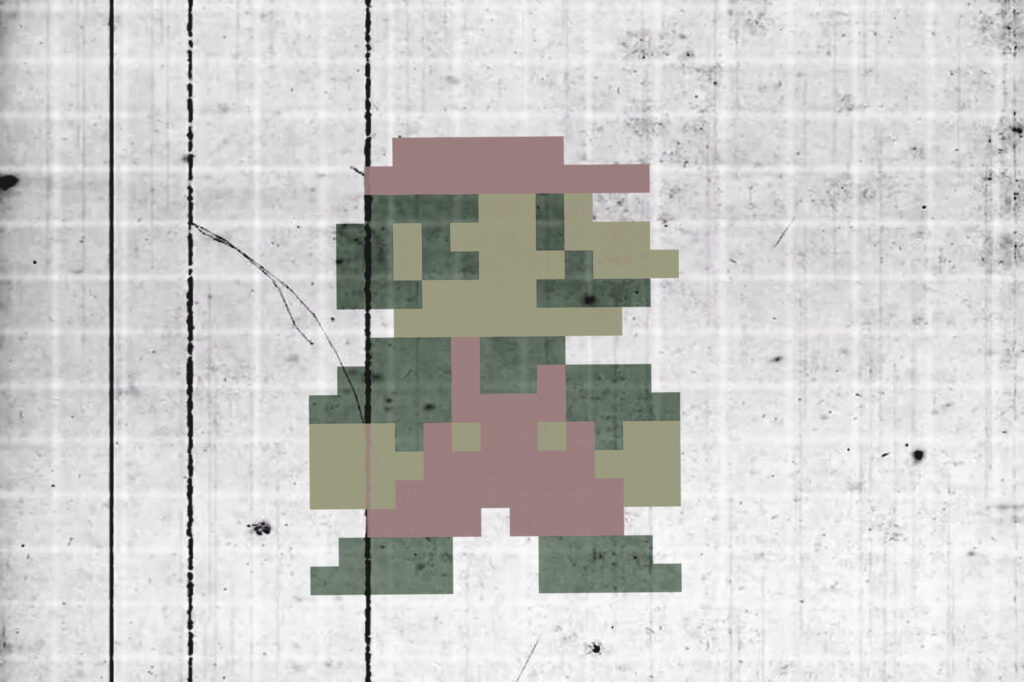Overview
Nintendo Co., Ltd.[c] is a Japanese multinational video game company headquartered in Kyoto. It develops, publishes, and releases both video games and video game consoles.
The history of Nintendo began when craftsman Fusajiro Yamauchi founded the company to produce handmade hanafuda playing cards. After venturing into various lines of business and becoming a public company, Nintendo began producing toys in the 1960s, and later video games. Nintendo developed its first arcade games in the 1970s, and distributed its first system, the Color TV-Game, in 1977. The company became internationally dominant in the 1980s after the arcade release of Donkey Kong (1981) and the Nintendo Entertainment System, which launched outside of Japan alongside Super Mario Bros. in 1985.
HISTORY
Nintendo was founded as Nintendo Koppai on 23 September 1889 by craftsman Fusajiro Yamauchi in Shimogyō-ku, Kyoto, Japan, as an unincorporated establishment, to produce and distribute Japanese playing cards, or karuta (かるた, from Portuguese carta, ‘card’), most notably hanafuda (花札, ‘flower cards’). The name “Nintendo” is commonly assumed to mean “leave luck to heaven”,[10][9] but the assumption lacks historical validation; it has also been suggested to mean “the temple of free hanafuda“, but even descendants of Yamauchi do not know the true intended meaning of the name.[7] Hanafuda cards had become popular after Japan banned most forms of gambling in 1882, though tolerated hanafuda. Sales of hanafuda cards were popular with the yakuza-run gaming parlors in Kyoto. Other card manufacturers had opted to leave the market, not wanting to be associated with its criminality, but Yamauchi persisted despite such fears to become the primary producer of hanafuda within a few years.

According to Nintendo, the business’ first western-style card deck was put on the market in 1902,[2][3] although other documents indicate the date was 1907, shortly after the Russo-Japanese War.[15] Although the cards were initially intended to be exported, they quickly gained popularity within and without Japan.[2][3] During this time, the business styled itself as Marufuku Nintendo Card Co.[16] The war created considerable difficulties for companies in the leisure sector, which were subject to new levies such as the Karuta Zei (“playing cards tax”).[17] Nintendo subsisted and, in 1907, entered into an agreement with Nihon Senbai—later known as the Japan Tobacco—to market its cards to various cigarette stores throughout the country.[18] A Nintendo promotional calendar from the Taishō era dated to 1915 indicates that the business was named Yamauchi Nintendo[e] but still used the Marufuku Nintendo Co. brand for its playing cards.[19]
Japanese culture stipulated that for Nintendo to continue as a family business after Yamauchi’s retirement, Yamauchi had to adopt his son-in-law so that he could take over the business. As a result, Sekiryo Kaneda adopted the Yamauchi surname in 1907 and headed the business in 1929. By that time, Nintendo was the largest playing card business in Japan.[20]
